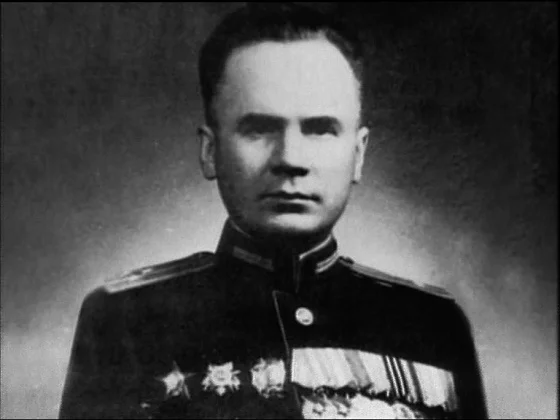Dead Drop Optioned
I said this on Facebook a while back, but just a heads up that my non-fiction book Dead Drop (Codename: HERO in the US) has been optioned for a feature film. The plan is to focus on an unusual friendship that developed in the most tense of situations, that between Soviet agent-in-place Oleg Penkovsky and British businessman Greville Wynne, who was acting as a liaison between Penkovsky and MI6 and the CIA. In the background: the growing Berlin crisis, the Wall going up, and finally the shadow of nuclear armageddon with the Cuban Missile Crisis...
An Excerpt From Free Agent
Sunday, 23 March 1969, Hampshire
As I edged the car onto the gravel, the front door of the house swung open and Chief's steely grey eyes stared down at me.
"What the hell took you so long?" he hissed as I made my way up the steps. But before I could answer, he had turned on his heels.
I followed the sound of his slippers gently slapping against the floorboards, down the dark oak-lined corridor. I knew from years of working for him that the best thing to do when he was in this sort of mood was not to react...

